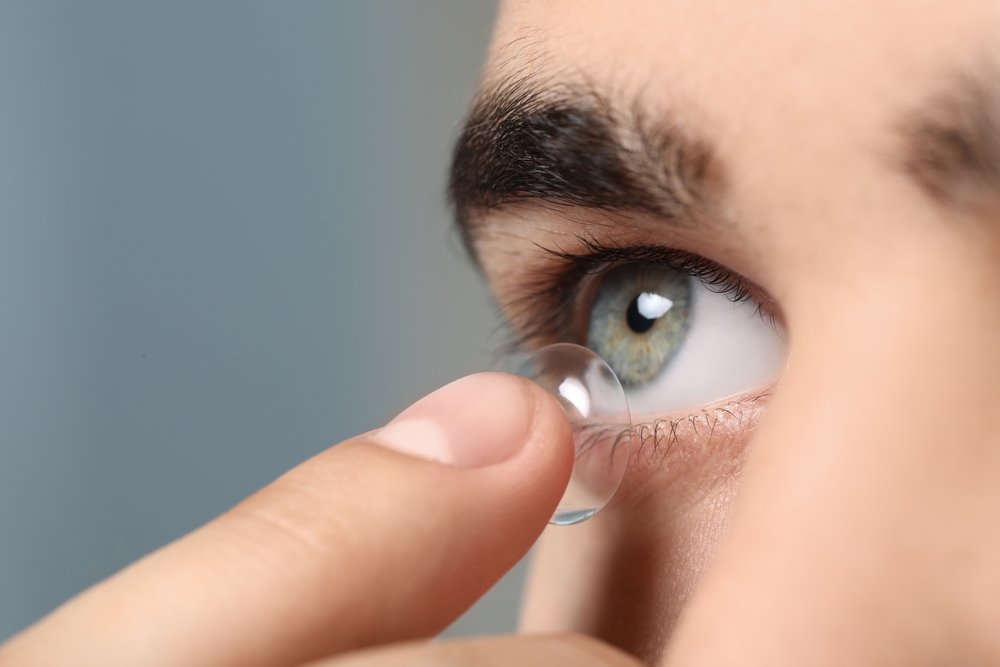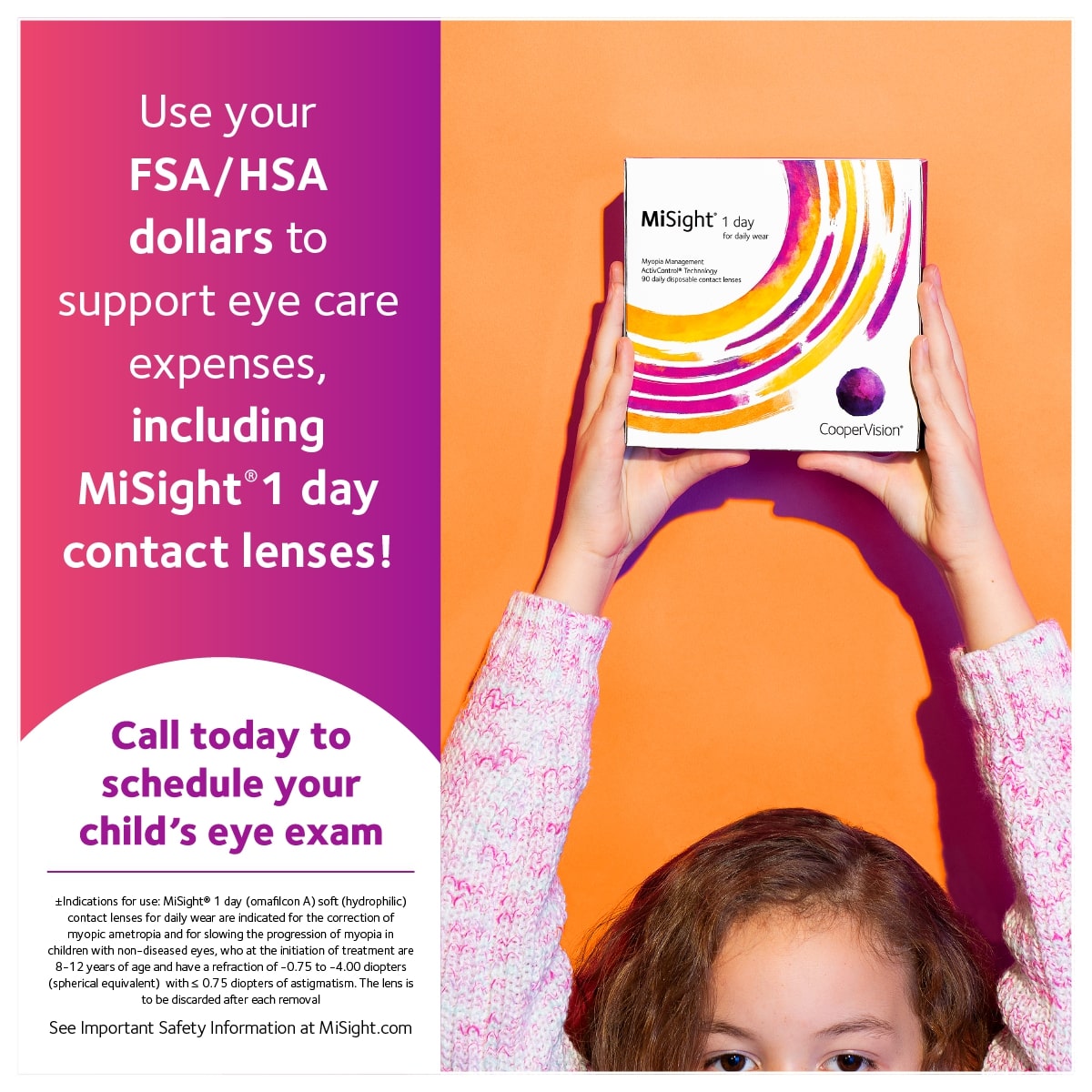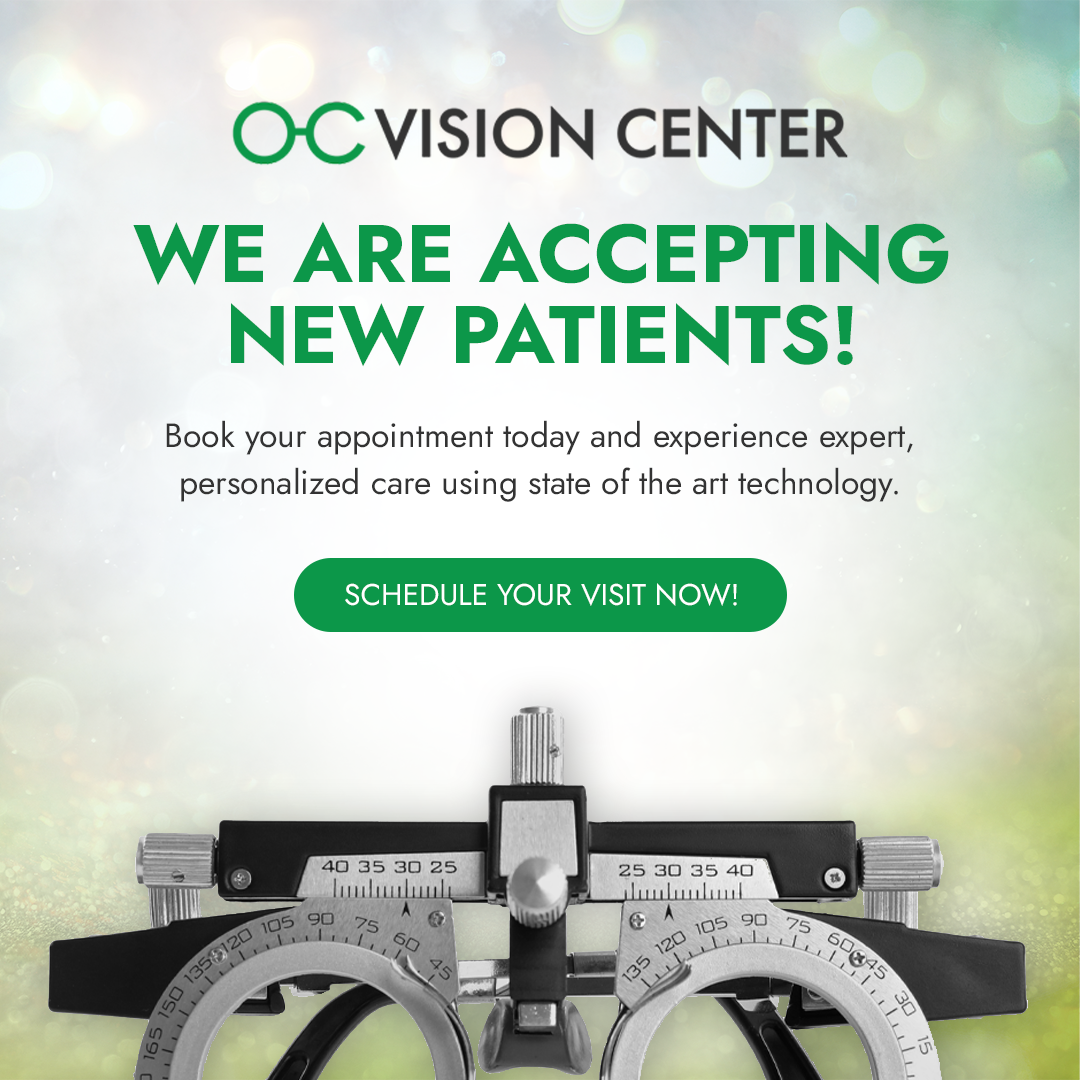
Contact lenses are a convenient and effective way to correct vision while offering more flexibility than traditional eyeglasses. Whether you’re considering contacts for the first time or looking to switch from glasses, understanding the basics is essential.
Understanding Your Vision Needs
Before getting contact lenses, it’s important to determine the best type for your specific vision correction needs. Contacts can correct:
• Nearsightedness (Myopia)
• Farsightedness (Hyperopia)
• Astigmatism
• Presbyopia (age-related vision changes)
A comprehensive eye exam will help determine which type of contact lenses are suitable for your prescription.
Different Types of Contact Lenses
There are several types of contact lenses available based on material, usage, and wear schedule:
• Soft Contact Lenses – Made of flexible material, these are the most common type and are easy to adapt to.
• Rigid Gas Permeable (RGP) Lenses – Provide sharper vision and are more durable, but require an adjustment period.
• Daily Disposable Lenses – Worn once and then discarded, offering convenience and hygiene.
• Extended Wear Lenses – Designed for continuous wear, but require proper care and monitoring.
• Toric Lenses – Designed for people with astigmatism to provide stable vision.
• Multifocal Lenses – Help correct presbyopia by providing multiple focusing powers.
Proper Contact Lens Fitting
A contact lens exam differs from a regular eye exam as it involves additional assessments to ensure a proper fit and suitability for your eyes. Your eye doctor will measure the curvature of your eye to achieve an optimal fit, evaluate your tear film quality to determine if your eyes can comfortably tolerate contact lenses, and recommend the most suitable lens type based on your lifestyle and prescription needs.
Learning Proper Contact Lens Care
Maintaining proper hygiene is crucial to prevent eye infections and discomfort. Here are some essential care tips:
• Always wash your hands before handling lenses.
• Use only the prescribed cleaning solution—never water or saliva.
• Replace lenses according to the schedule recommended by your optometrist.
• Store lenses properly in a clean case with fresh solution.
• Avoid sleeping in lenses unless they are designed for extended wear.
Benefits of Wearing Contact Lenses
Many people prefer contact lenses over glasses for their convenience and aesthetic benefits. They provide a wider field of vision without obstructions, making daily activities more seamless. Contact lenses are especially beneficial for those who engage in sports and outdoor activities, as they eliminate concerns about frames shifting or falling off. Unlike glasses, they do not fog up in humid or cold environments, ensuring clear vision in various conditions. Additionally, they allow wearers to use non-prescription sunglasses, offering greater flexibility in sun protection and style.
Schedule Your Contact Lens Exam Today
If you’re considering contact lenses, we are here to help. We offer personalized contact lens fittings and guidance to ensure a comfortable and clear vision experience.
Schedule your contact lens exam with Orange County Vision Center to find the perfect fit for your eyes and lifestyle. Visit our office in Garden Grove, California, or call us at (714) 894-3353 to book an appointment today.







